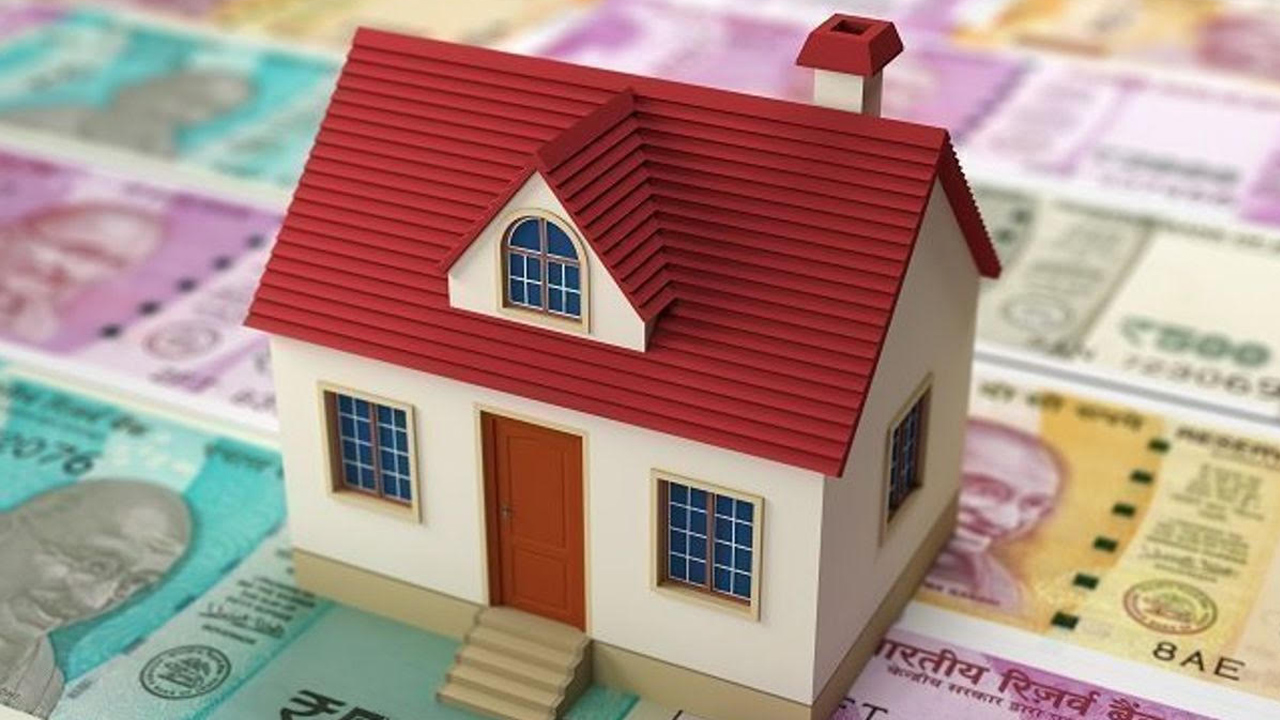One of the critical aspects of getting a home loan is to meet the eligibility requirements of the lender. Read on to know the important factors that affects the eligibility.
In India, applying for a home loan is one of the most convenient ways to get the necessary funds for buying a new home. With several public-sector and private lending institutions offering loans for all, getting a home loan is easy. But, one of the important factors to get your loan approved is to meet the lender-specific eligibility requirements.
If you are looking to apply for home loans in India, you must be aware of the various factors that affect your home loan eligibility.
Repayment capacity
One of the critical factors that the lenders consider while approving the home application is your ability to repay the loan. The financial institution will assess your income profile and assess if you have sufficient financial means to repay the borrowed amount. For this purpose, the lenders require you to submit important documents like income proof, income tax certificate, bank account statements, etc.
As a rule of thumb, the lenders decide your home loan eligibility based on your income. If your loan EMI amount is 40 – 50% more than the net monthly income, the loan will not be approved.
Nature of employment
Apart from income, the profession also plays a vital role in home loan eligibility. Typically, the salaried employees who work in a multinational company and have a steady source of income get their loan approved faster than those who are self-employed entrepreneurs.
Credit ratings
The credit score or the CIBIL score is a three-digit number that reflects your creditworthiness. It indicates how well you have handled your previous dues and how consistent you have been with the repayments. All lenders have a minimum credit score requirement to approve the loan. The score gives the lenders a fair idea of your financial history.
Generally, the lenders in India consider a credit score in the range of 700-750 as a good score for approving the loan application. If your credit score is 700 or above you have a better chance of getting your loan approved. But, if your score is less than 700, there is a risk of your application getting rejected.
Down payment
Most lenders in India approve a maximum of 80% of the property value as home loan. You must pay the remaining amount from your pocket. This is called down payment. The amount you can pay upfront has a huge impact on the home loan approval.
Most financial experts suggest that it is better to pay more than 20% as down payment as it would help you to borrow a lower amount and subsequently the repayment will be easier. So, if you can afford to pay a higher amount upfront, it is better to pay up to 40% as down payment.
Higher down payment will also reflect your sound financial standing, and you will be in a better position to negotiate with the lender and get a discount on the home loan interest rate.
Financial dependents
The number of people who are financially dependent on you has a significant effect on home loan eligibility. More the number of dependents, the lower are your chances of qualifying for the loan. Most financial institutions work on the logic that higher the dependents, the higher the percentage of the income will be utilised for meeting housing expenses leaving a lesser amount to repay the home loan.
Previous loans
If you are nursing any other loan or have any outstanding payment like credit card bills, personal loan, vehicle loan at the time of applying for a home loan, the lenders may assess if you have the necessary income to repay the home loan.
If they have a reason to believe that you lack the financial resources to repay the amount while nursing other dues, they will reject your loan.
Final Word
Now that you are aware of the various factors that affect the home loan eligibility make sure to meet the lender’s requirements and get the funds required without any hassles.
